A Cinematic Love Letter to Queer Liberation
The BlackStar Film Festival 2025, unfurling its vibrant tapestry from July 31 to August 3 in the heart of Philadelphia, is not just a festival—it’s a pulsating, sweat-drenched dance floor where queer stories collide with the raw, unfiltered essence of Black, Brown, and Indigenous artistry. This year, the festival’s spotlight burns bright on queer filmmakers, their lenses trained on the messy, glorious, and erotically charged spectrum of LGBTQ+ life. From sultry documentaries to tender shorts, these films don’t just tell stories—they weave spells, conjuring spaces where desire, identity, and resistance intertwine like lovers under a moonlit sky. Philadelphia Gay News heralds this moment as a “celebration of queer storytelling through film,” and oh, how it delivers—a cinematic orgy of radical love, campy glamour, and unapologetic sensuality.
(Picture this: the lights dim at the Suzanne Roberts Theatre, the air thick with anticipation, as queer bodies—onscreen and in the audience—lean into the shared intimacy of storytelling. BlackStar, often dubbed the “Black Sundance,” has long been a sanctuary for global majority voices, and in 2025, it’s a glittering altar to queer liberation. Founded in 2012 by Maori Karmael Holmes, this festival has grown from a one-day microfestival to a four-day explosion of indie cinema, showcasing 93 films from 40 countries, including 20 world premieres. The queer films, in particular, pulse with a defiant energy, reclaiming spaces, histories, and desires that have too often been erased or sanitized.
(The Erotic Pulse of Queer Cinema
Queer cinema has always been a rebellion—a middle finger to the heteronormative gaze, a kiss blown to the margins. At BlackStar 2025, this rebellion feels like a slow grind to a house music beat, each frame dripping with intention. Take Move Ya’ Body, a documentary by out gay director Elegance Bratton, screening August 2 at 9 p.m. at the Suzanne Roberts Theatre. This film is a love letter to the birth of house music, born in the late 1970s at The Warehouse, a gay nightclub in Chicago where Black and queer bodies found freedom in rhythm. Bratton, a former Philadelphian whose 2022 feature The Inspection cracked open military machismo with queer tenderness, crafts a narrative that’s as much about sound as it is about skin. The film traces how Vince Lawrence, a pioneer of house, mixed disco and electronica to create a genre that seduced the world, particularly the U.K. It’s a story of sweaty dance floors, where bodies pressed close, defying redlining and societal segregation with every beat.
(Bratton’s work channels the spirit of queer nightlife—those hallowed spaces where desire is currency, and the air hums with possibility. As he once said about his filmmaking,
“I’m interested in the moments where we find ourselves in spite of the world trying to crush us.”In Move Ya’ Body, those moments are visceral: the camera lingers on archival footage of bodies swaying, hands brushing, eyes locking in the dark. It’s erotic not because it’s explicit, but because it captures the unspoken language of queer connection—electric, defiant, alive.(
Shorts That Burn Bright
The festival’s queer shorts are like quick, fiery hookups in a dimly lit club—brief but unforgettable. The “Ebullience Shorts” program, screening August 1 at 8:30 p.m. at The Wilma Theater and 9 p.m. virtually, features two gems by queer filmmakers. Budget Paradise, directed by nonbinary filmmaker LaTajh Simmons-Weaver, follows Chester, a nonbinary artist played by Ashley Hernandez, navigating a world that feels too small for their expansive spirit. The film’s visual language is a seduction in itself: Chester’s head framed by a laundromat dryer door, a stream of light cutting through a window, the hum of a city underscoring their yearning. Simmons-Weaver uses space and sound to mirror Chester’s emotional landscape, crafting a short that feels like a whispered confession. Philadelphia Gay News notes, “This is a short that one wishes were longer,” and it’s easy to see why—it’s a tease that leaves you craving more.
(Then there’s LWC (Lazy White Cows) by queer writer/director Asaph Luccas, a sharp, playful jab at microaggressions. When Ster (Mavi Lucena) accidentally insults a classmate over an unmuted mic, the moment crackles with tension and humor. Luccas’ direction is cheeky, almost flirtatious, turning a mundane Zoom call into a stage for queer defiance. These shorts don’t just entertain—they demand to be felt, their brevity amplifying their intensity like a shot of tequila chased with a knowing glance.
(Reclaiming Queer Histories
Queer cinema at BlackStar isn’t just about the present—it’s about excavating the past, dusting off forgotten stories, and breathing life into them. Talking Walls, another standout, is a documentary that maps Black gay and queer histories through the spaces that held them. Screening as part of the festival’s lineup, it features ten interviewees, including Alfred Johnson, who recalls integrating a Detroit gay club as a teenager in drag. The film’s artful shots of shuttered venues—like Philadelphia’s Catacombs or the cruising haven of “Gay Acres” (aka Judy Garland Memorial Park, now Schuylkill Banks)—are both elegiac and erotic, evoking the ghosts of bodies that once moved through these spaces. The camera caresses these ruins with a lover’s tenderness, reminding us that queer history is written in brick, sweat, and stolen kisses.
(This focus on history resonates with the festival’s broader mission. As BlackStar’s Chief Executive and Artistic Officer Maori Karmael Holmes puts it,
“We consider every aspect of the festival to be an intentional community building effort, centered on joy, radical care, and thriving.”Talking Walls embodies this ethos, weaving personal narratives with cultural memory to create a tapestry of resilience. One interviewee’s recounting of losing a lover and friends to AIDS is a gut-punch, yet the film balances grief with celebration, much like a Pride parade that honors the dead while dancing for the living.(
A Legacy of Resistance
BlackStar’s queer films don’t shy away from the political. They’re steeped in the legacy of resistance, from the Stonewall riots to the ballroom scene immortalized in Paris Is Burning. The festival itself feels like an extension of these movements—a space where queer Black, Brown, and Indigenous voices refuse to be silenced. Take Della Can Fly! by queer filmmaker jasmine lynea, part of the “Antecessor Shorts” program screening July 31 at 5 p.m. at Perelman Theater and 6:30 p.m. virtually. This film, nestled within a collection of shorts, is a vibrant exploration of queer possibility, though details remain tantalizingly sparse in the festival’s previews. What’s clear is that lynea’s work, like others at BlackStar, is unafraid to meet the moment, as Festival Director Nehad Khader notes:
“The filmmakers in this year’s program are unafraid to meet the moment. Their films speak to what matters most to our communities today and to a collective vision that another world is possible.”(
This radical vision echoes the ethos of queer icons like Audre Lorde, whose work is celebrated in a retrospective screening of A Litany for Survival: The Life and Work of Audre Lorde at BlackStar 2024. Lorde’s words—“Your silence will not protect you”—could be the festival’s unofficial mantra, urging filmmakers and audiences alike to speak, to desire, to resist. The 2025 lineup continues this legacy, with films like TCB – The Toni Cade Bambara School of Organizing, the opening night world premiere directed by Louis Massiah and Monica Henriquez. This documentary, screening July 31 at 8 p.m. at the Kimmel Center, intertwines Bambara’s literary and political legacy with interviews from luminaries like Toni Morrison and Nikky Finney, offering a queer-inflected lens on cultural resistance.
(The Sensual Spectacle of BlackStar
BlackStar is more than a film festival—it’s a sensory feast, a campy, glamorous revelry that spills beyond the screen. The festival’s venues—the Kimmel Center, Suzanne Roberts Theatre, and The Wilma Theater—are transformed into queer utopias, where audiences gather not just to watch but to feel. The opening night party at Cherry Street Pier, the BlackStar Bazaar celebrating Black-owned businesses, and the closing night bash at STAR|Bolt are electric with possibility. Imagine sequined dresses brushing against leather jackets, the clink of cocktail glasses mingling with laughter, the air heavy with perfume and promise. These spaces embody the festival’s commitment to “joy, radical care, and thriving,” as Holmes describes, making BlackStar a living, breathing extension of queer nightlife.
(The films themselves are steeped in this aesthetic. The Great North, the closing night feature by Jenn Nkiru, making its North American premiere, is a meditative exploration of Black music and architecture. Nkiru, a Grammy-winning filmmaker, weaves Afro-surrealism and experimental visuals into a tapestry that feels like a late-night rave—hypnotic, disorienting, and deeply sensual. The film’s homage to Manchester’s industrial history and Black arts movement is a reminder that queer spaces, like nightclubs or festivals, are sites of creation and transformation.
(Pop Culture and Queer Glamour
BlackStar’s queer films tap into a rich vein of pop culture, channeling the campy glamour of icons like RuPaul or the raw vulnerability of Frank Ocean’s music. They’re not afraid to be extra, to lean into the theatricality that defines so much of queer expression. Think of the festival as a drag ball, each film a category—Best Dramatic Werk, Best Documentary Realness, Best Short Slay. The “Ebullience Shorts” program, for instance, feels like a strut across the runway, with filmmakers like Simmons-Weaver and Luccas serving looks and attitude. Their work recalls the bold aesthetics of Pose, where every frame is a celebration of queer survival and style. As Billy Porter’s Pray Tell declares in the series,
“The category is… live!”At BlackStar, the category is indeed live, and the films are serving life.
Even the festival’s accessibility measures—masks required indoors, wheelchair-accessible venues, reserved seating for low-vision attendees—feel like an extension of this care, ensuring that everyone can bask in the spectacle. It’s a reminder that queer spaces, at their best, are inclusive, inviting all bodies to the dance floor.
(A Call to the Wild Heart
BlackStar Film Festival 2025 is a call to the wild heart of queer storytelling—a siren song that beckons us to embrace desire, history, and resistance with open arms. These films, from Bratton’s pulsing Move Ya’ Body to the tender ferocity of Talking Walls, remind us that queer cinema is not just art—it’s alchemy. It transforms pain into power, silence into song, and fleeting glances into revolutions. As I imagine sinking into a theater seat, the glow of the screen reflecting in my eyes, I’m reminded of Audre Lorde’s words:
“The erotic is a measure between the beginnings of our sense of self and the chaos of our strongest feelings.”BlackStar’s queer films are that measure, a bridge between self and chaos, inviting us to feel it all—unapologetically, deliciously, defiantly.(
So, grab a ticket, slip into something fabulous, and join the revelry in Philadelphia or online. Let these stories wrap around you like a lover’s embrace, bold and untamed. BlackStar 2025 isn’t just a festival—it’s a revolution in sequins, a testament to the power of queer love and desire. For tickets and schedules, visit blackstarfest.org, and let the magic begin.
(
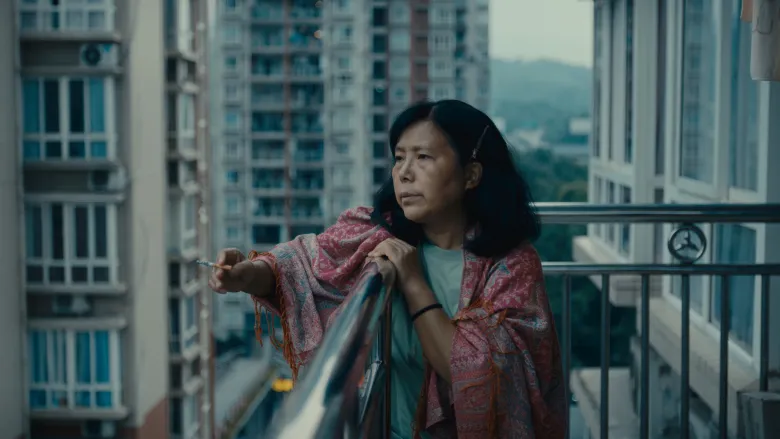

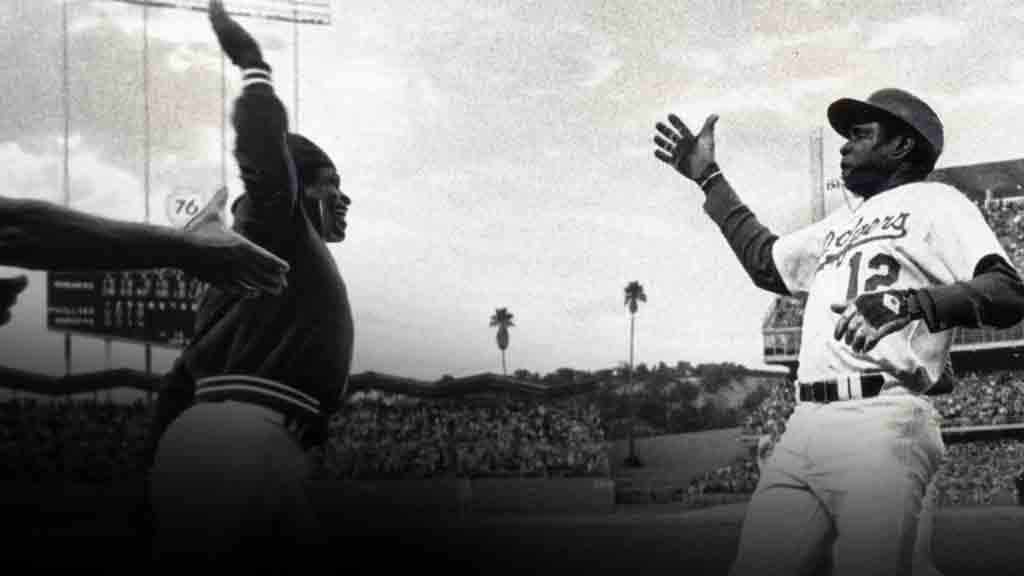






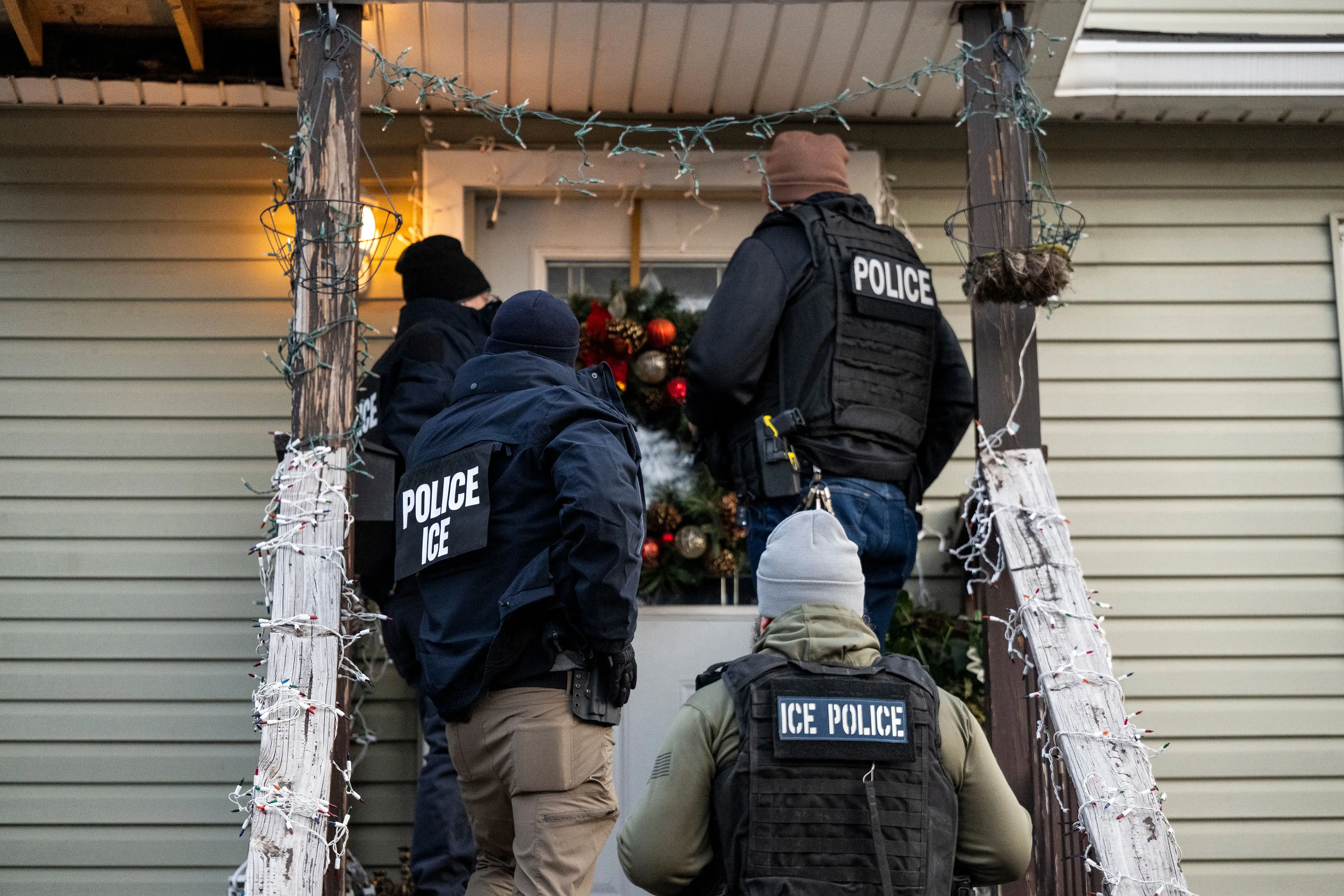
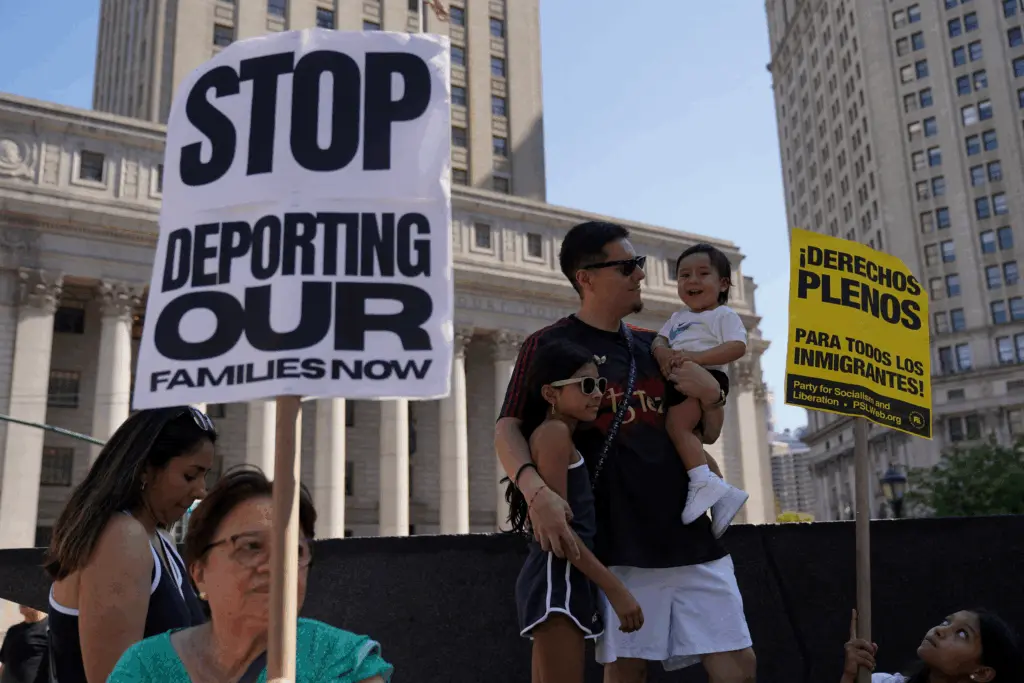
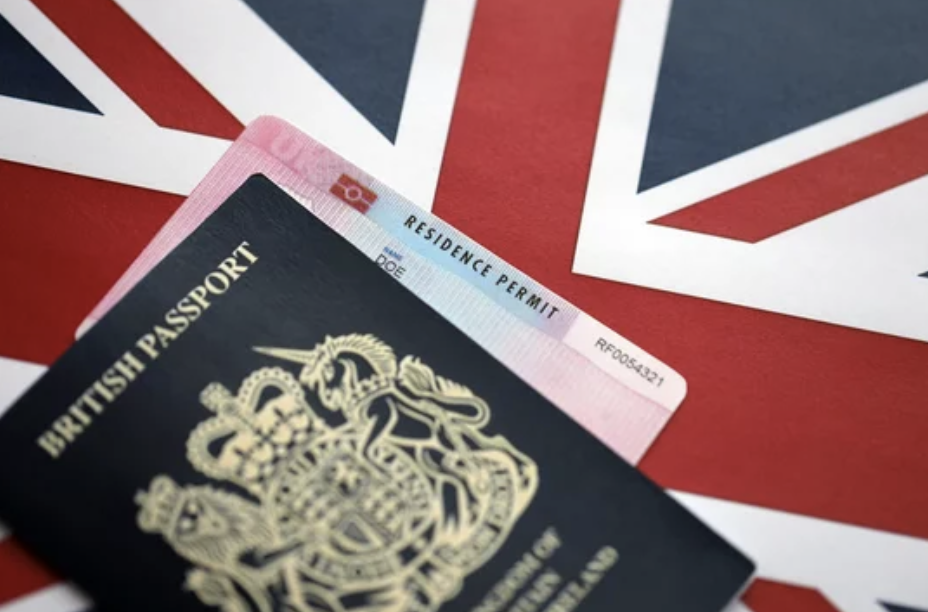
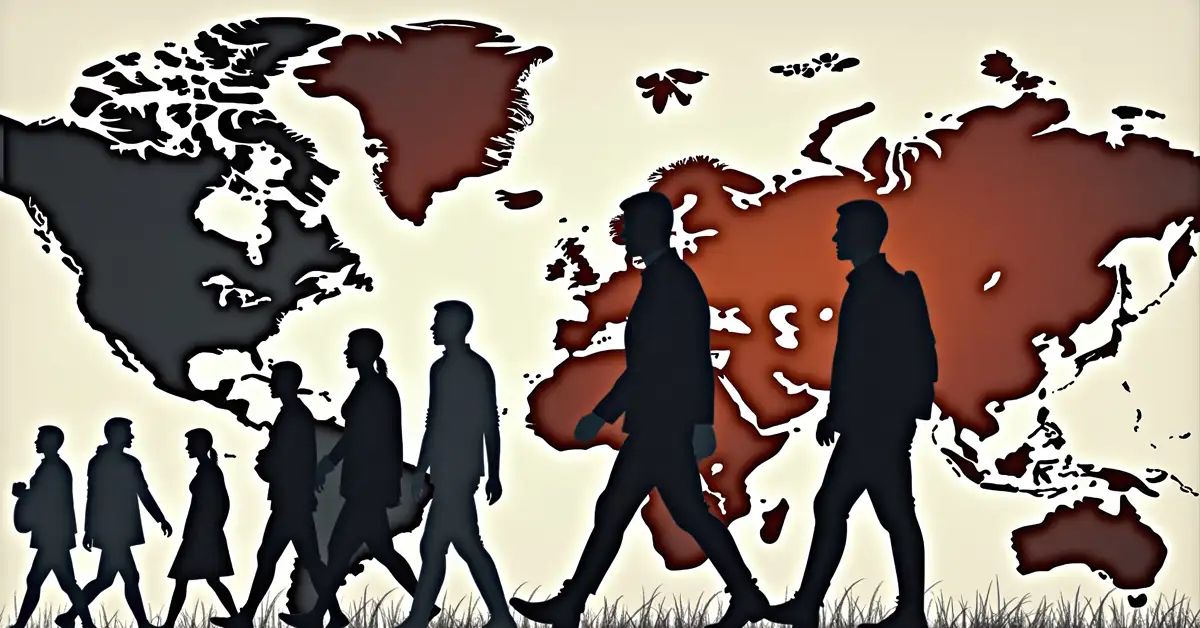
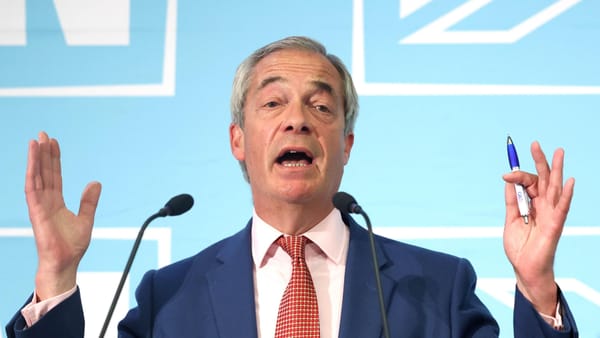
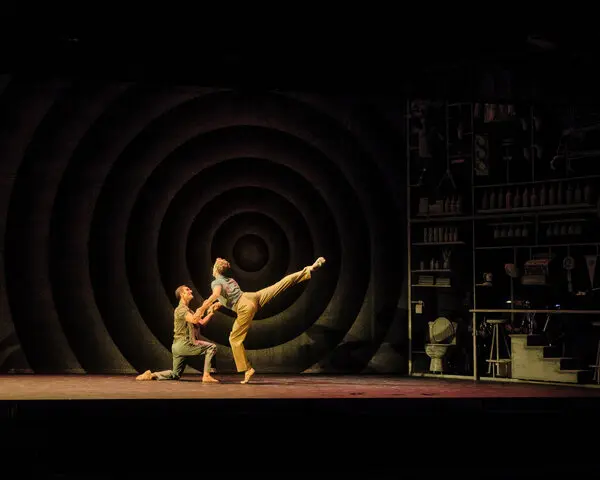
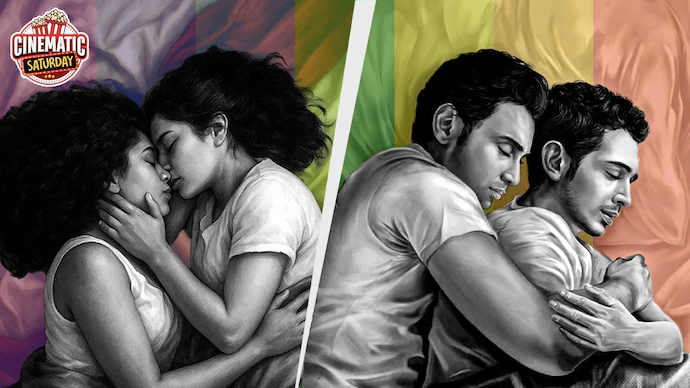
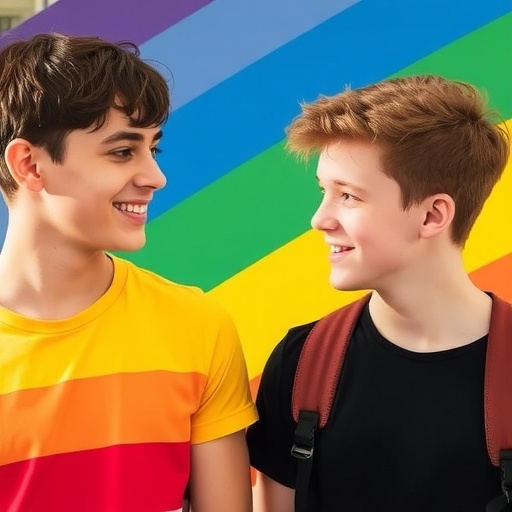
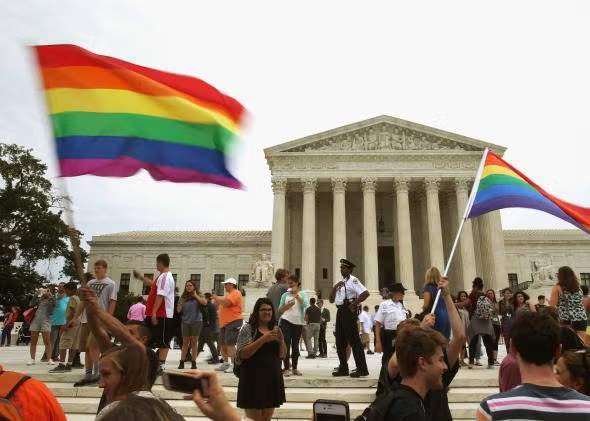
0 Comments